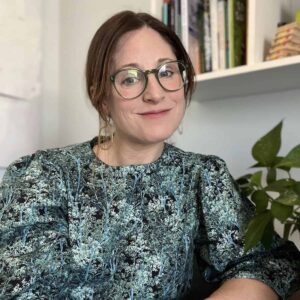How many times have you said those words only to wonder how ‘fine’ you really are? Sometimes “I’m fine” because that is what I want to be, sometimes it’s because I think that’s what others want me to be, and sometimes it’s just the easiest response. Most times, it’s true: I am fine. Of course I fall down, but I get up and I keep moving forward. I’m fine. Mostly. Right?A few years ago I met one of my dearest friends. I remember our first conversation. We were gathering with a few families and, though we all had kids, mine were noticeably more present than the others. I juggled the children while engaging in small conversation (sort of). She said to me, “Oh, you’re in the weeds!” And with that she reached out for my youngest and swooped him away to play. I remember my immediate reaction: “No, no I’m fine!” And I was. I was managing it all and I was smiling and participating, but what I didn’t realize was how hard I was working.
Parenting a child or children with exceptional needs takes energy that you didn’t know you had.
My new friend’s comment was not in judgment but in recognition and understanding. She had been there not long before. She was offering her hand. I was fine. But then she noticed me – all of me – and I was more than fine.I will walk in the pool, fully-clothed, to be the transition my son needs that day in order to participate in his swimming lesson that I know he loves. I will be late for work, for school, for friends, for appointments, because my children needed something more. I will get up in the night when a child calls out.I don’t do these things because I’m a pushover; I do them because I am a parent. We know our children. We want them to be safe and happy. We want to support but not coddle, be empathetic but enforce clear limits, encourage them to take risks while we also set them up for success. This takes emotional energy.
As parents of children with developmental disabilities, we have information coming at us all of the time. We read the articles, we listen to the advice, and most importantly, we listen to our gut. We keep moving forward. We are fine.
But we don’t need to do it alone.
Take the outreached hand, apply for the funding, look into respite, force yourself out of the house, don’t be afraid to say ‘I’m not fine.’ Because that doesn’t mean you’re failing. It means you’re human. It means you’re giving it all for the love of your family and what is more authentic and important than that?
Exceptional Lives is offering you a hand. We have sifted through the information and created easy-to-read Guides to walk you through processes related to disability.



